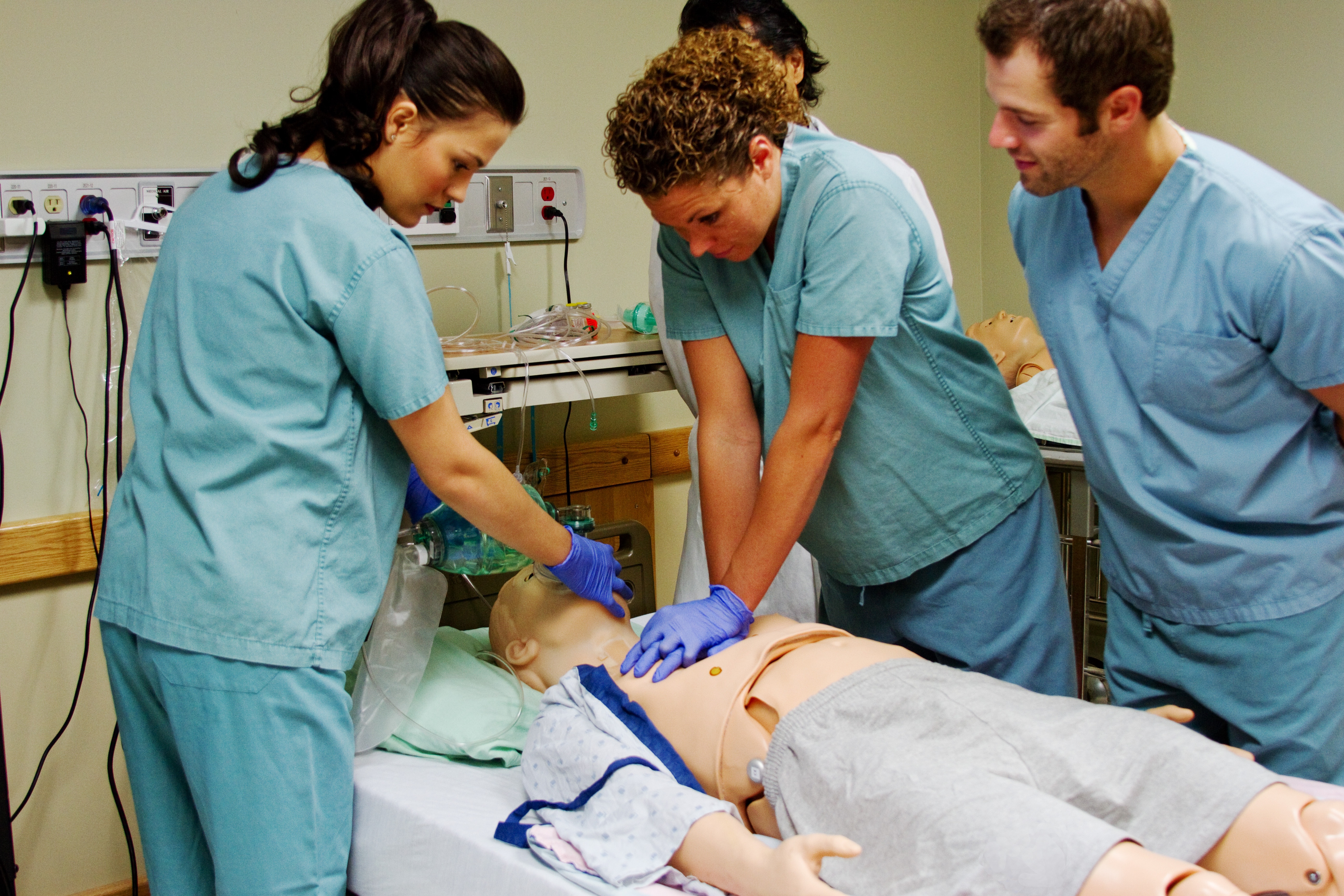One challenge in simulation is teaching medication management, dosing information, and administration. In the past, instructors had to search out expired medication and buy oranges in bulk (oranges being the stand-ins for injectable flesh). But let’s face it, expired meds are dangerous to use in simulation. And oranges are for eating, not injecting.

While epinephrine has been in the news lately because of the skyrocketing costs of the EpiPen®, a lesser known problem with the administration of this life-saving medication is ratio expressions. Many life-saving resuscitation drugs, including lidocaine, epinephrine, and sodium bicarbonate, are expressed in ratio concentrations (1:1,000 or 1:10,000), and ...

Currently, more than one-third of U.S. adults are obese, with the rate holding at 34.9 percent or 78.6 million adults. EMS transport and prehospital care for these bariatric patients looks very different than it does for patients in a normal weight range. Special care needs to be ...

1. An aging population that is also more chronically ill
By 2030, 20 percent of the American population will be 65 years or older and more diverse in terms of race, ethnicity, and other cultural and socioeconomic factors. They will also have more chronic illnesses, such as diabetes, hypertension, and cardiovascular disease, rather than needing ...

Before developing and launching simulation labs, many factors need to be examined. Ask yourself the following five questions before staffing and stocking your simulation environment.






